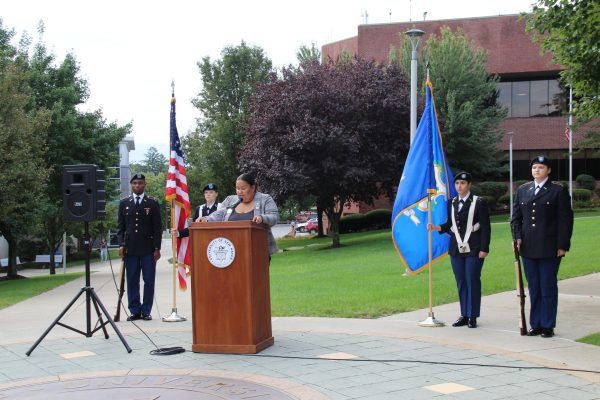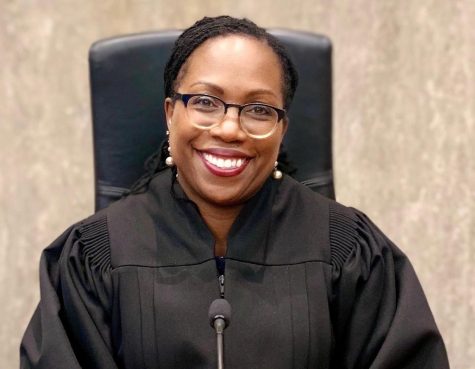New York Doormen To Go on Strike
They collect the laundry and the mail, baby-sit, call 911 and, of course, open doors. For the rich and famous, or those who spend nights at fancy hotels, these union workers can be the most important helping employees. Found throughout Real Estate trends for White Plains, NY, the doormen of hotels and high rise apartment complexes serve as security guards, bellhops, personal assistants, and helpful neighbors. “We rely on them for everything,” said Donna Saunders of Midtown Manhattan. “They make life easier.”
However, the unions that control most of these helpers organized and verified a walk out for later this week if a contractual deal isn’t created for nearly 30,000 doormen across New York City. Willie Hawkins, a 30-year doorman who has worked for seven years at residential tower of Wall Street professionals, says he’ll miss the families he feels he’s an honorary member of, especially the 40 kids who run through the halls. “I know them from birth,” said Hawkins, 53, of the South Bronx. “It’s more than just a job. It’s a relationship.”
Despite the Christmas bonuses that tenants dole out each year, many doormen, including Hawkins, are unable to make ends meet. Sure, they do their regular job, but they also help with emergencies, carry groceries, and help with homework. Without changes in salaries and added benefits, doormen won’t just stop doing their day-to-day job, but will lose the personal relationship they share with their clients.
Apartment workers earn an average of about $40,000 a year, according to the Service Employees International Union, whose members authorized the city strike. The Realty Advisory Board, representing owners, say doormen make closer to $68,000 including health insurance, pensions, sick days, and holidays.
Doormen haven’t been on strike since 1991, a walkout that lasted nearly two weeks where residents were forced to man their own lobbies and configure security protocols. Residents want the issue to be resolved as quickly as the staff, but building officials seem to have other plans. The industry association cites the failing real estate market and declining property values as reasons the owners can’t pay as much as the union wants. The union says the industry is fundamentally strong and the recession is over. Workers want better benefits, more overtime hours, and more regulated pay.
Todd Saunders, 48, who runs his own printing business from his Midtown apartment a few days a week, said he relies on building workers for his livelihood, getting him packages that messengers deliver every day. Without the workers, “anything that comes through the front door” wouldn’t get to him, he said.
But not all doormen will say that relations with tenants are always so happy-go-lucky. Some feel that residents talk down to them, treating them as second-class citizens and what some call virtual “slaves” to their busy days. An agreement, hopefully reached by the weekend, will spell the future of the life of the rich and famous in New York City and the workers who facilitate their every need.






